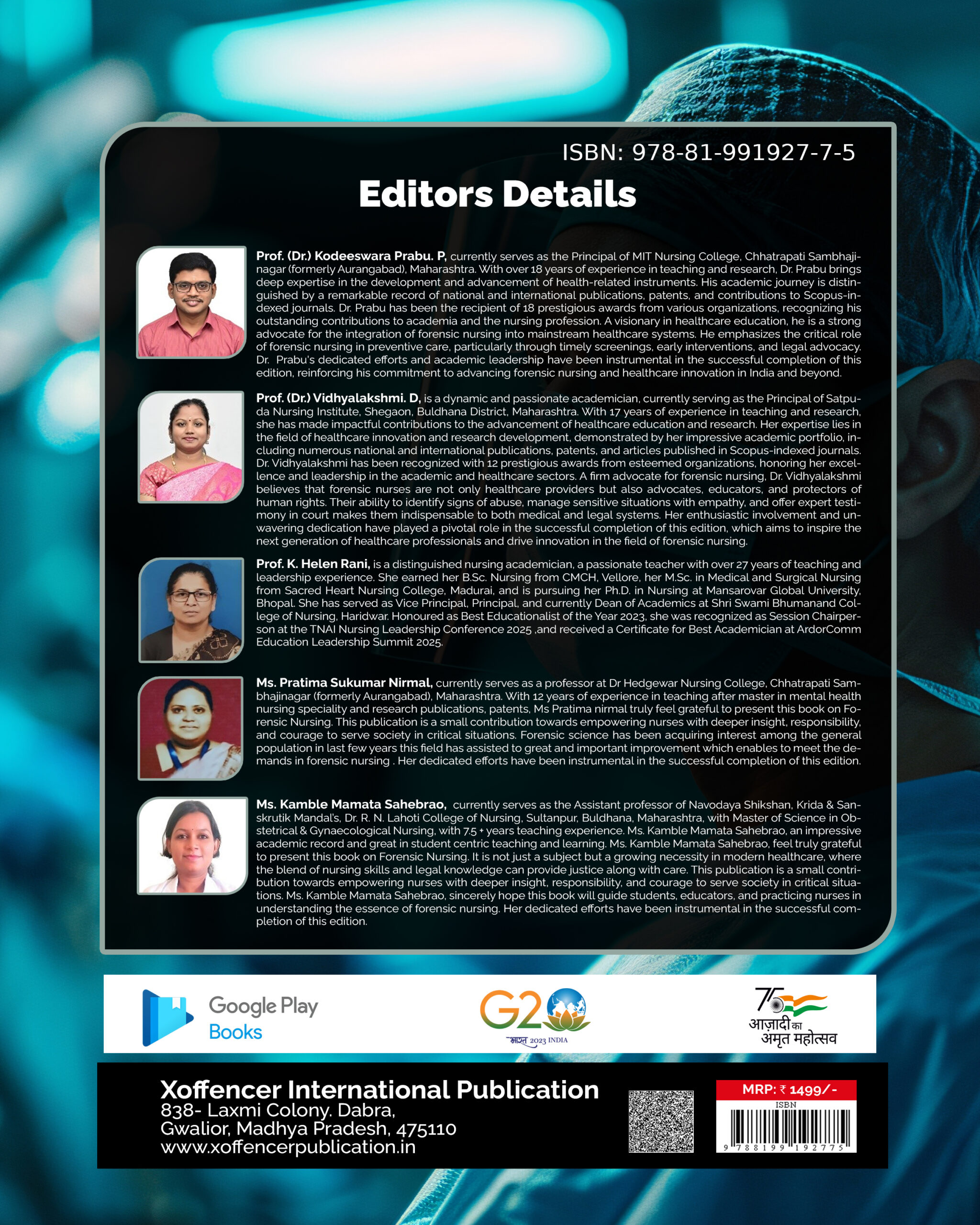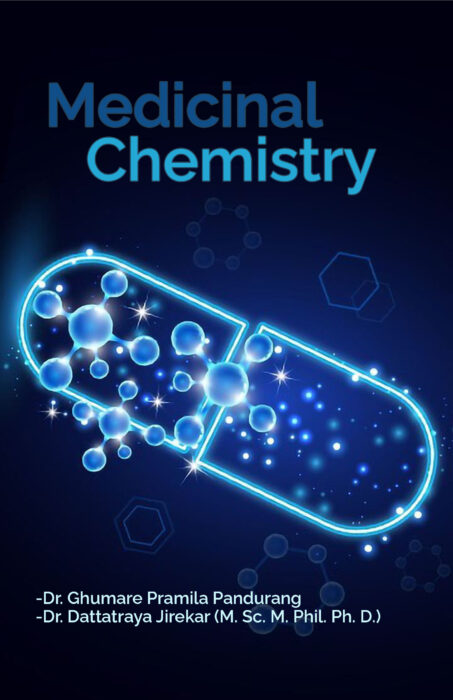Description
With the goal of bridging the gap between medical treatment, the legal system, and the justice system, forensic nursing has arisen as an important specialization within the modern healthcare system. In this day and age, when violence, abuse, and complex trauma are becoming more widely acknowledged as urgent public health concerns, forensic nurses offer specialized therapies that go beyond the scope of typical clinical practice. The evaluation and treatment of victims of violence, sexual assault, domestic abuse, and child maltreatment are among their responsibilities. Additionally, they are responsible for rigorous documentation, the preservation of evidence, and coordination with law enforcement and legal systems. In today’s modern healthcare settings, such as emergency departments, trauma units, mental health institutions, and community clinics, forensic nurses are increasingly relied upon to handle not just the urgent medical requirements of patients, but also the more general legal and psychosocial problems that they may have. While concurrently ensuring that survivors of abuse receive comprehensive care that takes into account the effects of trauma, this dual duty also helps to maintain the integrity of the judicial process by ensuring that correct reports and testimony are provided. The field of forensic nursing in contemporary healthcare also makes a contribution to the prevention and advocacy of violence by increasing awareness, participating in public health initiatives, and providing support for the creation of policies that address the structural causes of violence. As a result of the integration of clinical knowledge, legal responsibility, and patient advocacy, forensic nursing has evolved into an essential component of modern healthcare systems. This has resulted in the advancement of both healing and justice for vulnerable populations.













Reviews
There are no reviews yet.